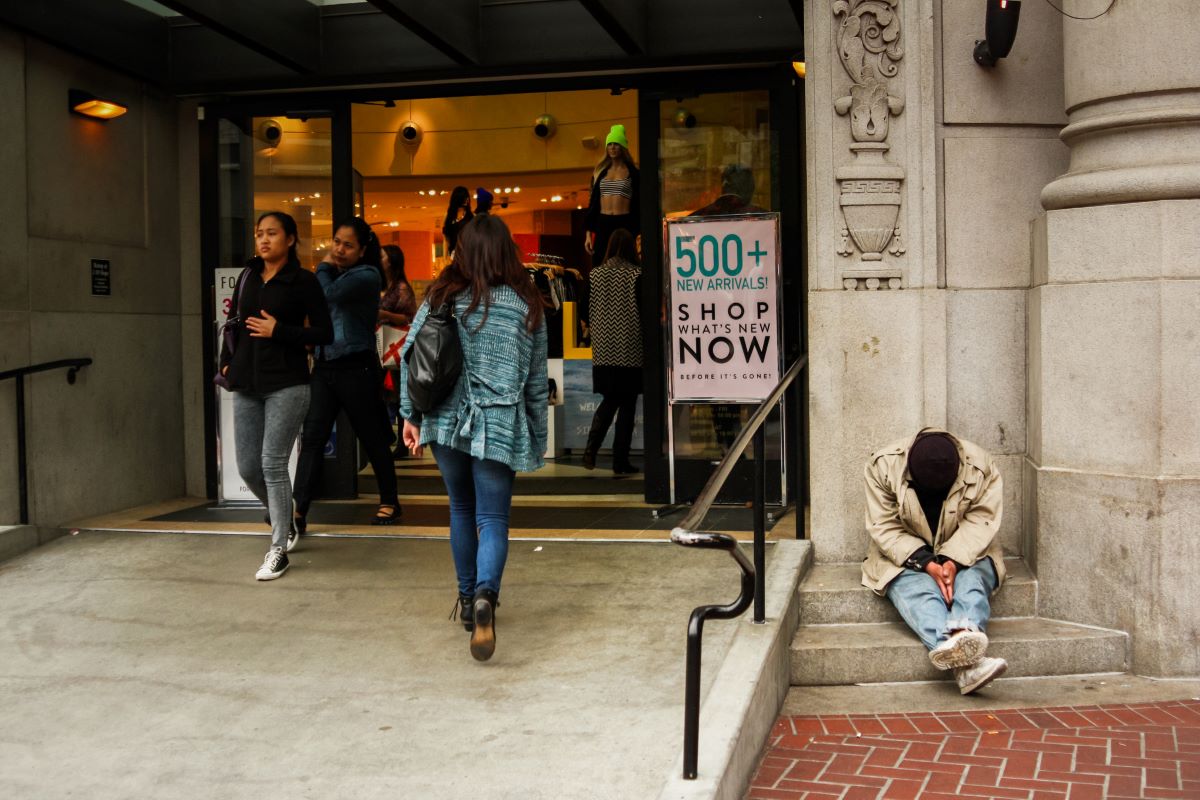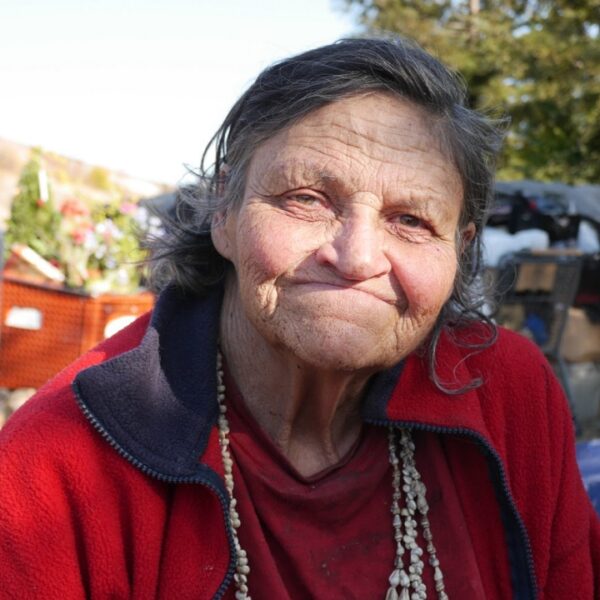12% Surge in Homelessness Underscores the Strong Correlation Between Wealth and Homelessness
America’s wealthiest cities are often known as hubs of culture, architecture, and finance. But a growing number of them are becoming known for something altogether different: rampant homelessness.
The number of people experiencing homelessness in America increased by 12% between 2022 and 2023, according to federal data. There are now a record-high of more than 653,000 people experiencing homelessness in the world’s wealthiest nation.
This increase occurred at a time when home prices and rents continued to climb due to a pandemic-induced mismatch between supply and demand for affordable housing.
Homelessness impacts cities of all sizes, but America’s ten wealthiest cities are home to more than one-quarter of the total number of people experiencing homelessness, representing nearly 170,000 people. This suggests a strong correlation between growing wealth and homelessness, as some scholars have concluded.
“Regional variation in rates of homelessness can be explained by the costs and availability of housing,” Gregg Colburn wrote in his book Homelessness is a Housing Problem.
Epicenters of Homelessness Crisis: New York City and Los Angeles
Coastal cities like New York City and Los Angeles are often mentioned as two of the epicenters of America’s homelessness crisis. New York City has an average of 55,700 people sleeping in its shelters on a given night, according to city data. In comparison, the city of Los Angeles has more than 46,000 people experiencing homelessness.
Outside of homelessness, New York City and Los Angeles have also seen their median rents and home sales prices increase sharply since the pandemic began in March 2020. For instance, home prices in Los Angeles have increased roughly 25% to almost $1 million over the last four years, while rents have increased by 8.8% to more than $2,700.
The rising cost of living and stagnating wages have also put increased economic pressure on low-income earning households. In New York City, home prices and rents have increased by more than 7%, while low- and middle-waged workers in the city saw their earnings increase by between 0.5% and 0.6% during the pandemic.
A 2020 report from the Government Accountability Office found that a $100 increase in median rents correlated with a 9% increase in local rates of homelessness.
“On our front doors, we’ve seen the need at numbers that we hadn’t seen since the pandemic, and they’re heightened,” Karl Chan, director of partnerships at the Bowery Mission shelter in New York City, told CBS News.
Spreading Epidemic: The Growing Crisis in Other Wealthy Cities
Homelessness is also growing in other wealthy cities like Chicago, Seattle, and Boston. Chicago has seen its number of people experiencing homelessness grow by more than 58% up to more than 6,100 people, according to the latest point-in-time count. Seattle saw its homeless population grow by more than 21% year-over-year, while Boston’s nearly tripled to more than 4,500.
These figures are based on counts performed by volunteers during a single night in January. The results rely on various factors, such as volunteers finding and identifying someone experiencing homelessness.
Some experts have suggested that these counts likely underrepresent the actual state of homelessness in America’s cities.
“The picture that HUD is getting, and that Congress is getting, and that the public is getting, isn’t as clear as it could be and should be,” Eric Tars of the National Homelessness Law Center told ABC News in February.
Solving the issue of growing homelessness in America’s wealthiest cities has proven to be more difficult than some imagined. Texas cities like Austin and Houston have made concerted efforts to increase their supply of affordable homes and supportive housing units for people experiencing homelessness. Both efforts seem to have caused their homeless populations to decline slightly.
Long-term solutions remain at bay. The Biden-Harris administration has unlocked billions of federal subsidies to expand the stock of affordable housing, fight housing discrimination, and provide grants for homeless service providers. However, the results of these efforts remain to be seen.
Take Action: Your Voice Matters
Now is not the time to be silent about homelessness in the U.S. or anywhere else. While blaming a single politician for today’s housing struggles is easy, the truth is much more profound.
Poverty and homelessness are both policy choices, not personal failures. That’s why we need you to contact your officials and tell them you support legislation that:
- Streamlines the development of affordable housing
- Reduces barriers for people experiencing homelessness to enter permanent housing
- Bolsters government response to homelessness
Together, we can end homelessness.













